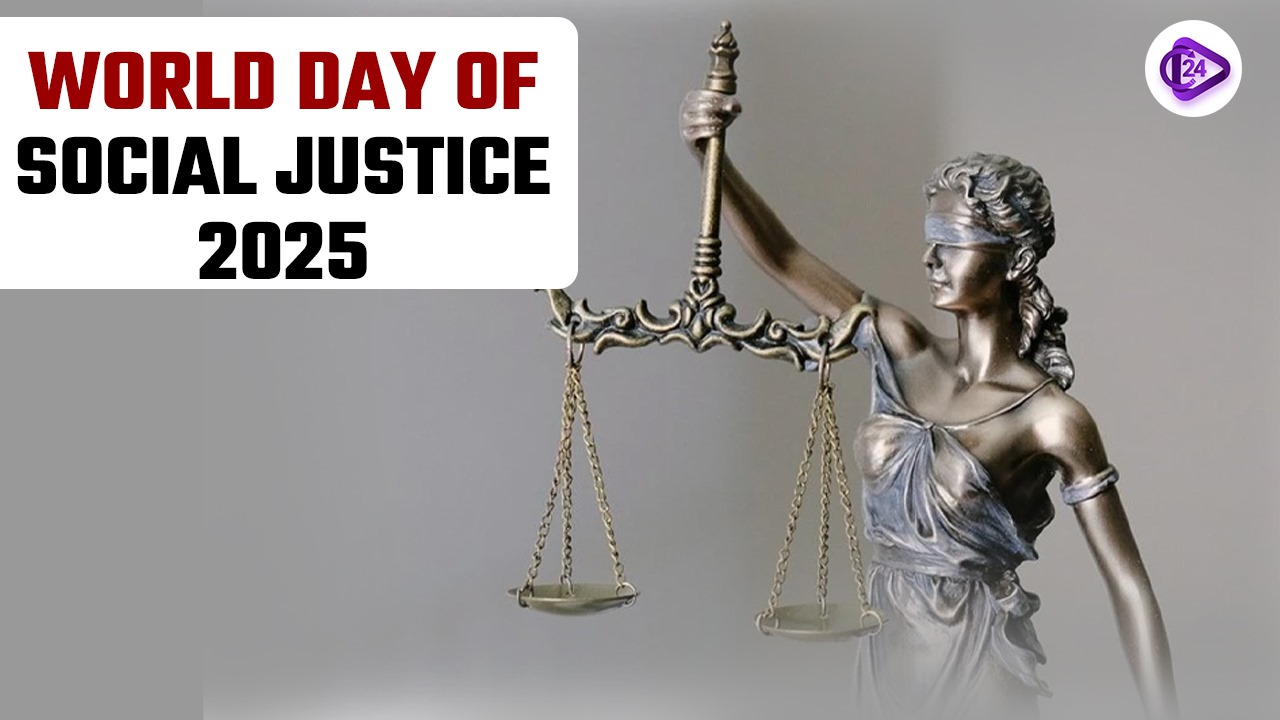
The United Nations leads World Day of Social Justice through annual celebrations on February 20th as it works to combat poverty and elimination of social exclusion while tackling unemployment so societies can achieve equality and solidarity. The Indian government maintains a commitment to socio-economic justice by utilizing MoSJE to advance both legislative changes and grassroots projects and international collaborations.
Background & Global Context
Since 2009 the World Day of Social Justice has been annually observed thanks to a UNGA decision made during its 62nd session on November 26, 2007. The existence of social development and justice serves as the foundation for peace preservation in the world and protects human rights and promotes security globally. Since 2008 the International Labour Organization (ILO) has moved forward social justice efforts by creating a Declaration on Social Justice for a Fair Globalization.
Evolution of Social Justice in India
-
The World Day of Social Justice became an annual observance for India starting from 2009. Indian social justice achieves its commitment through constitutional and policy guidelines that aim to remove biases and help disadvantaged populations.
-
Social justice receives essential protection through specific provisions of the Indian Constitution.
-
The preambular section guarantees justice across political economic and social spheres to achieve equality and dignity.
Fundamental Rights (Part III):
-
According to Article 23 of the Constitution human trafficking along with forced labor are strictly prohibited.
-
Article 24: Bans child labor in hazardous occupations.
Directive Principles of State Policy (Part IV):
-
Article 38: Reduces social and economic inequalities.
-
Article 39: Ensures fair wages and protection from exploitation.
-
Article 39A: Guarantees free legal aid.
-
Article 46: Promotes education and economic development of SCs, STs, and weaker sections.
Key Government Initiatives
1. Pradhan Mantri Anusuchit Jaati Abhyuday Yojana (PM-AJAY)
-
The 2021-22 launched initiative operates to enhance SC community capabilities alongside building new infrastructure systems.
-
The number of Adarsh Gram villages exceeded 5,051.
2. Scheme for Residential Education for Students in High Schools in Targeted Areas (SRESHTA)
-
The scheme provides high-standard residential learning opportunities at the 9th to 12th grade level for SC students.
-
The programs support both grant-in-aid institutions and private schools that are affiliated under CBSE/State Boards.
3. Purple Fests
-
The Department of Empowerment of Persons with Disabilities (DEPwD) organized the Purple Fests since their establishment in 2023.
-
The program ensures disabilities will have unrestricted access to fair treatment along with equal life opportunities.
4. National Action for Mechanized Sanitation Ecosystem (NAMASTE)
-
The program kicks off in 2023-24 with the purpose of creating safe conditions while maintaining dignity and providing employment opportunities to sanitation personnel.
-
The program adds waste pickers under its service scope.
5. SMILE Scheme:
-
The government initiative for Support of Marginalized Individuals for Livelihood and Enterprise (SMILE) aims to safeguard people who face social and economic challenges.
-
The program seeks to offer rehabilitation services for transgender people along with beggars who need support.
-
The project aims to launch in another 50 locations following its current presence in 81 municipalities.
6. PM-DAKSH Yojana
-
The 2021 initiative provides free training to all interested members of SCs, OBCs, EBCs, DNTs and Safai Karamcharis classes.
-
Trained individuals have placement success reaching a minimum of 70 percent.
7. Nasha Mukt Bharat Abhiyan (NMBA)
-
The Indian government introduced this program during 2020 with its main objective to clear the country of drugs.
-
The program reaches 13.57 crore people in its 272 high-risk districts.
Conclusion
Social Justice Day demonstrates that achieving complete fairness and untouched participation must continue to be society's top priority. MoSJE keeps moving forward in community upliftment as an Indian government entity that follows global molding forces such as Decent Work Agenda and SDGs. India continues its dedication to universal justice and dignity through implementation of programs encompassing PM-AJAY and NAMASTE and SMILE and PM-DAKSH Yojana and NMBA.



 Biologist Toby Kiers Wins Tyler Prize for Revealing Fungal Networks
Biologist Toby Kiers Wins Tyler Prize for Revealing Fungal Networks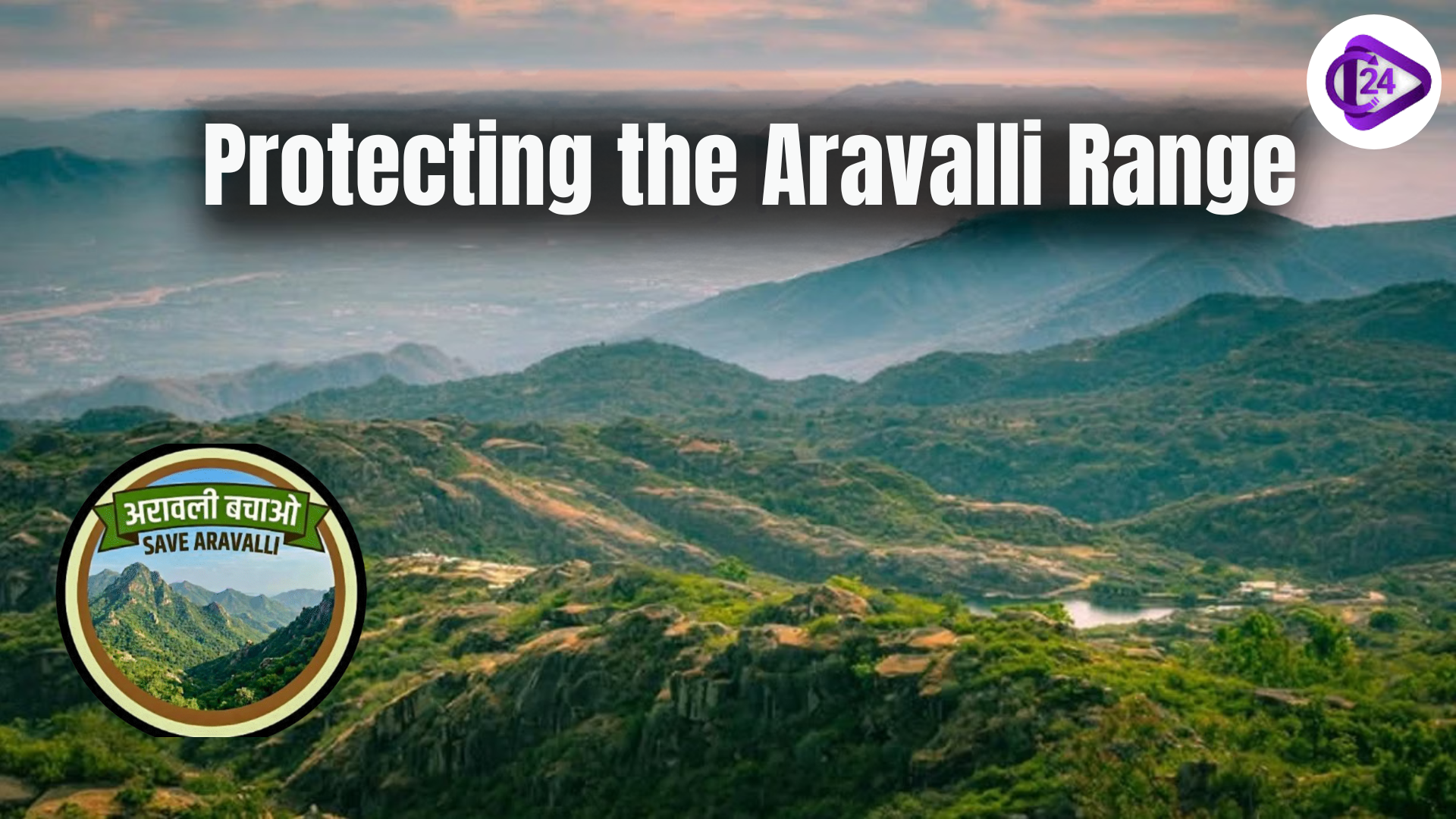 Why Protecting the Aravalli Range Matters for Climate, Water, and Biodiversity
Why Protecting the Aravalli Range Matters for Climate, Water, and Biodiversity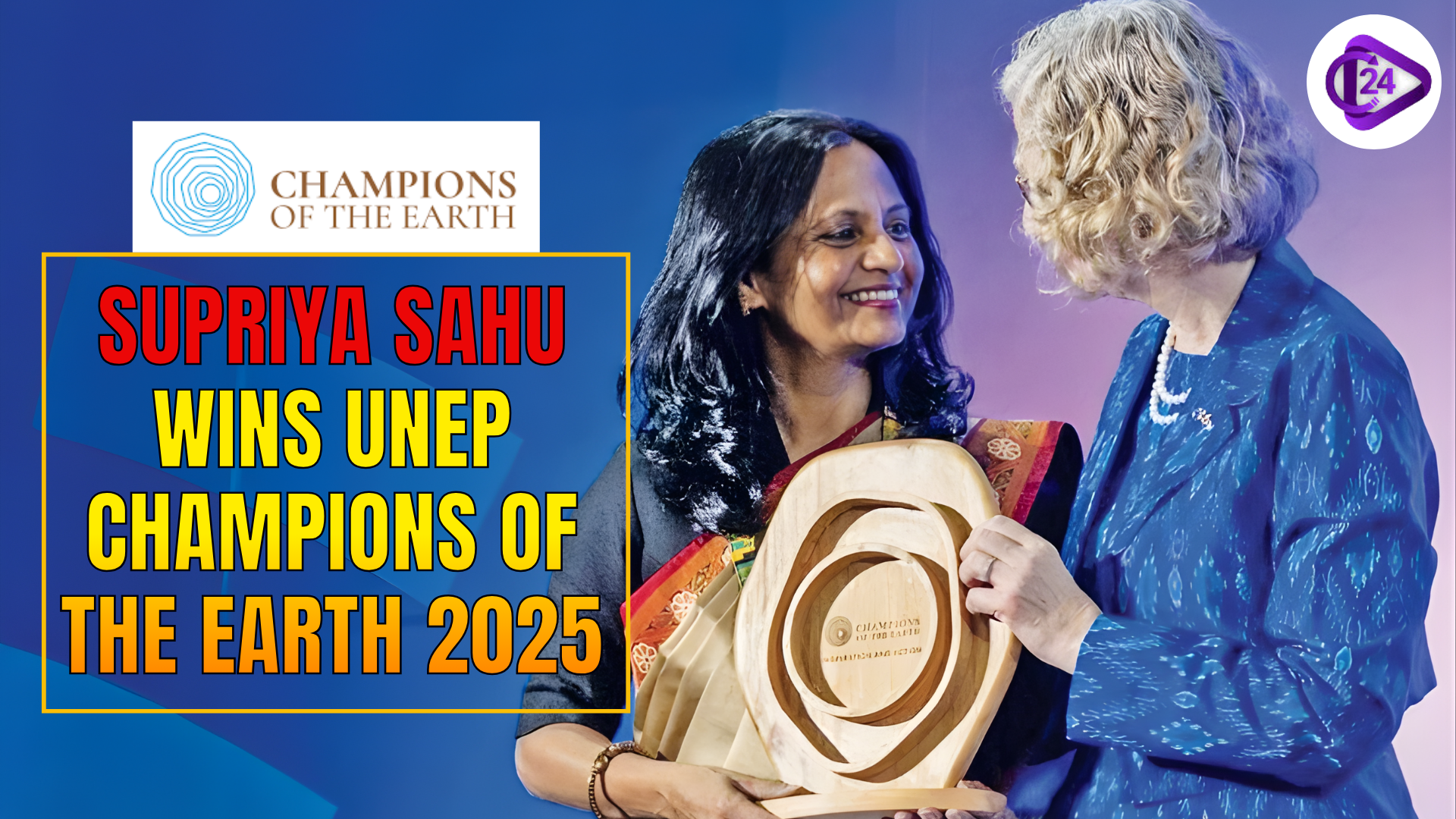 Supriya Sahu Wins UNEP Champions of the Earth 2025
Supriya Sahu Wins UNEP Champions of the Earth 2025 World Soil Day 2025: Celebrating “Healthy Soils for Healthy Cities”
World Soil Day 2025: Celebrating “Healthy Soils for Healthy Cities”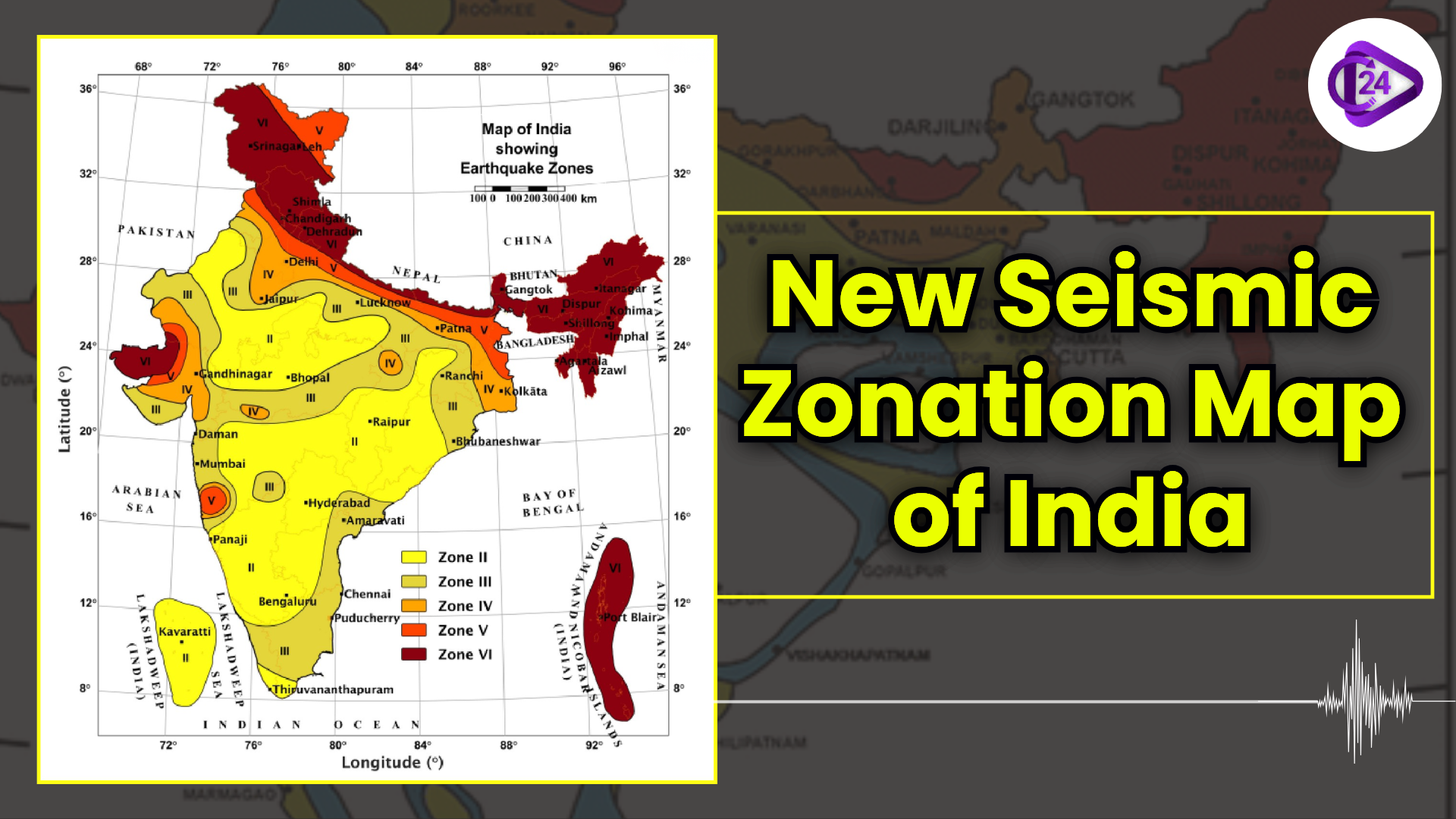 New Seismic Zonation Map of India
New Seismic Zonation Map of India Cyclone Fina Hits Northern Australia With Destructive Force
Cyclone Fina Hits Northern Australia With Destructive Force Tiger Returns to Gujarat After 32 Years | Historic Wildlife Comeback 2025
Tiger Returns to Gujarat After 32 Years | Historic Wildlife Comeback 2025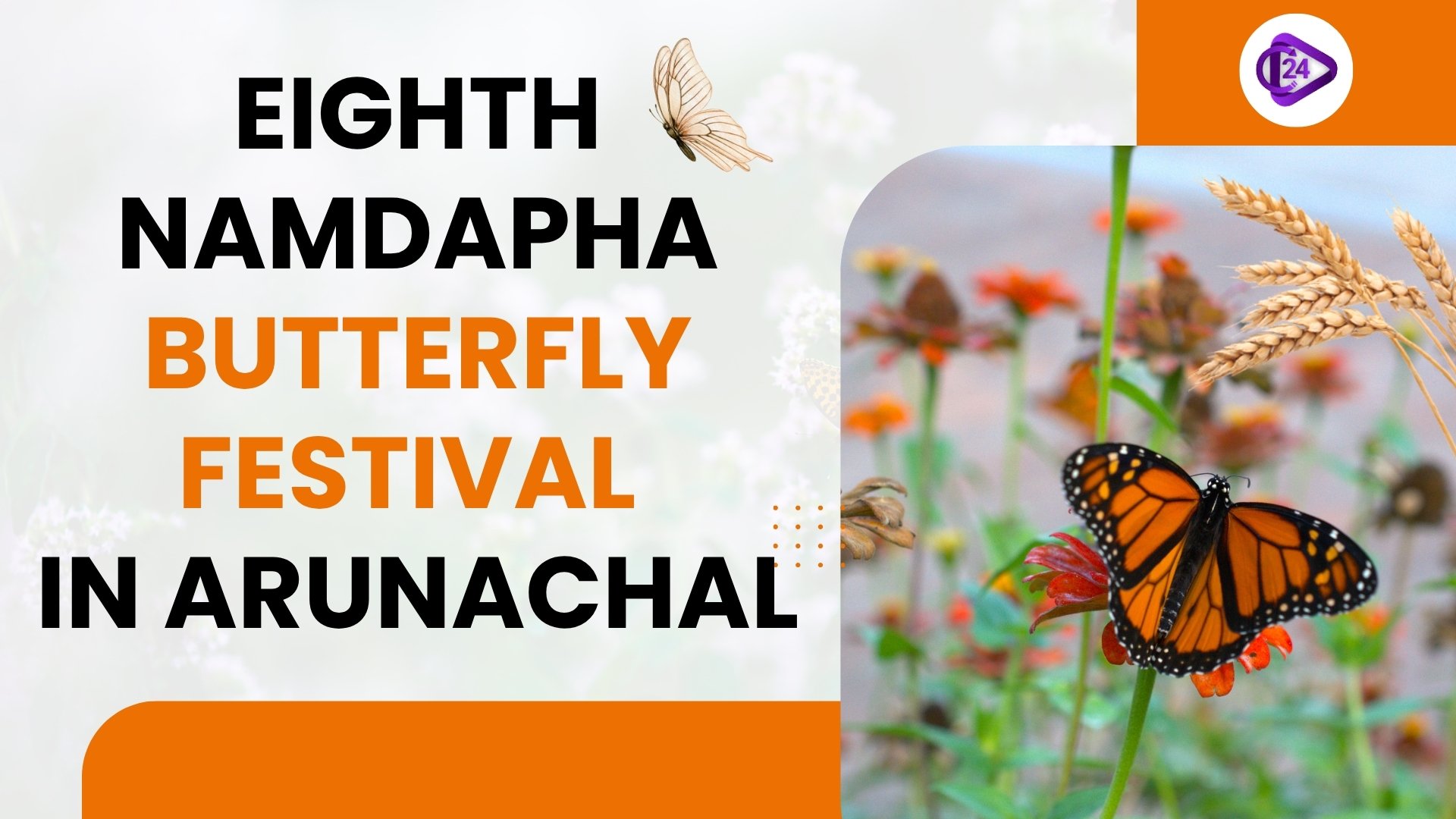 Namdapha Butterfly Festival Showcases the Wild Heart of Arunachal Pradesh
Namdapha Butterfly Festival Showcases the Wild Heart of Arunachal Pradesh Gogabeel Lake Achieves Ramsar Status for Biodiversity and Conservation
Gogabeel Lake Achieves Ramsar Status for Biodiversity and Conservation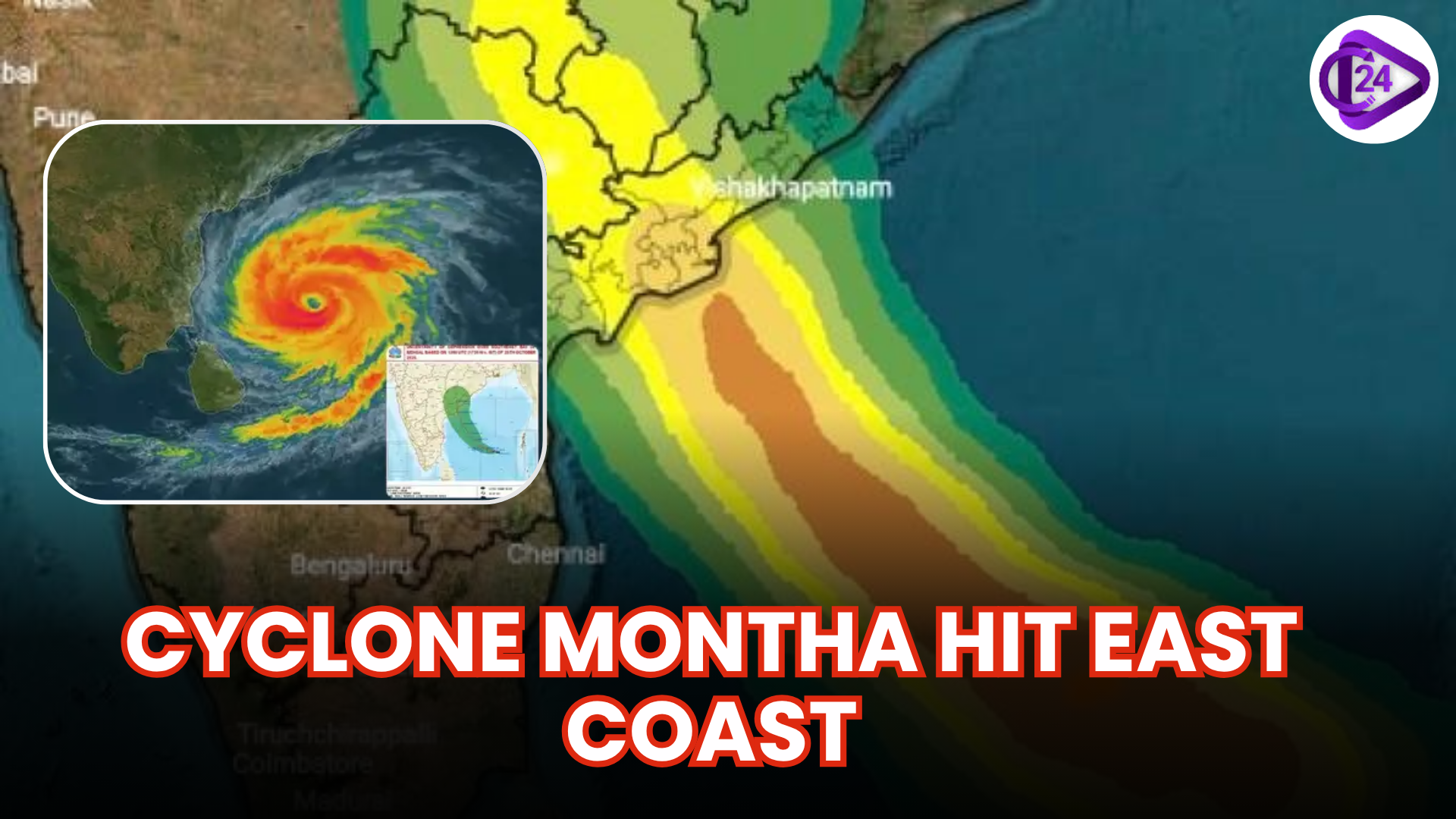 Cyclone Montha Makes Landfall Near Kakinada, Bringing Destruction to Andhra and Odisha
Cyclone Montha Makes Landfall Near Kakinada, Bringing Destruction to Andhra and Odisha






